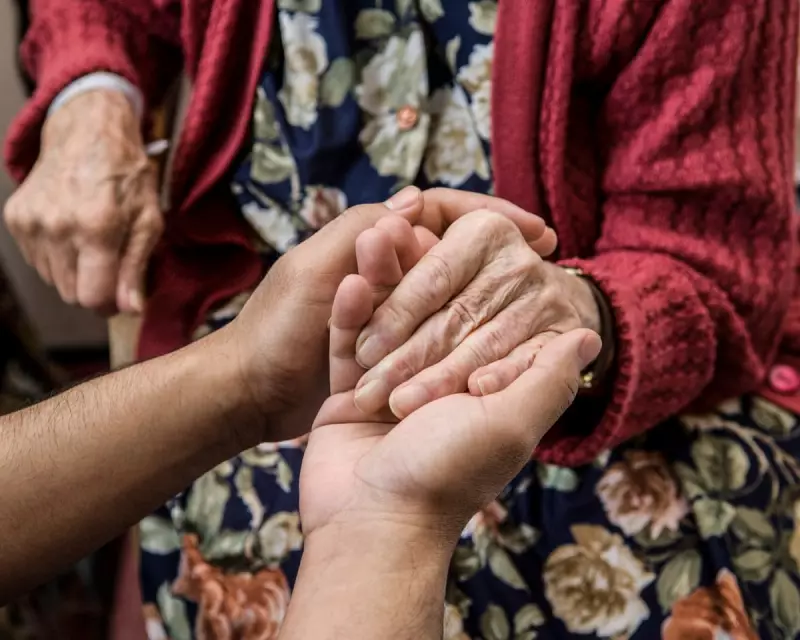
A landmark report has delivered a stark warning about the state of end-of-life care in Britain, arguing that the system requires fundamental transformation rather than just additional financial investment.
The comprehensive analysis reveals that despite increased funding pledges from political parties, the current approach to palliative care remains fragmented, inconsistent and failing to meet the complex needs of dying patients and their families across the UK.
Beyond Financial Quick-Fixes
Experts emphasise that simply pouring more money into the existing system won't address the deep-rooted structural problems. The report calls for a complete reimagining of how end-of-life care is delivered, moving beyond temporary financial solutions to create sustainable, person-centred support.
Key findings from the report highlight:
- Significant regional disparities in access to quality palliative care
- Inadequate coordination between hospitals, community services and hospices
- Thousands of patients experiencing unnecessary pain and distress
- Families left without crucial emotional and practical support
A System in Crisis
The analysis paints a concerning picture of a healthcare sector struggling to provide dignified care during life's final chapter. Many patients face avoidable suffering due to poor symptom management and insufficient psychological support, while their families often bear overwhelming care burdens without adequate guidance.
"We're seeing the human cost of a system that's not working as it should," the report states. "When people are at their most vulnerable, they deserve care that addresses not just physical pain but emotional, social and spiritual needs too."
The Path Forward
The report outlines several critical recommendations for creating a more compassionate and effective end-of-life care system:
- Developing integrated care pathways that seamlessly connect different services
- Increasing specialist training for healthcare professionals in palliative care
- Expanding community-based support to allow more people to die in their preferred setting
- Implementing standardised quality measures across all care providers
- Enhancing bereavement support for families
This call for radical reform comes at a crucial time, with an ageing population increasing demand for end-of-life services. The report serves as a urgent reminder that true improvement requires systemic change, not just financial sticking plasters.





